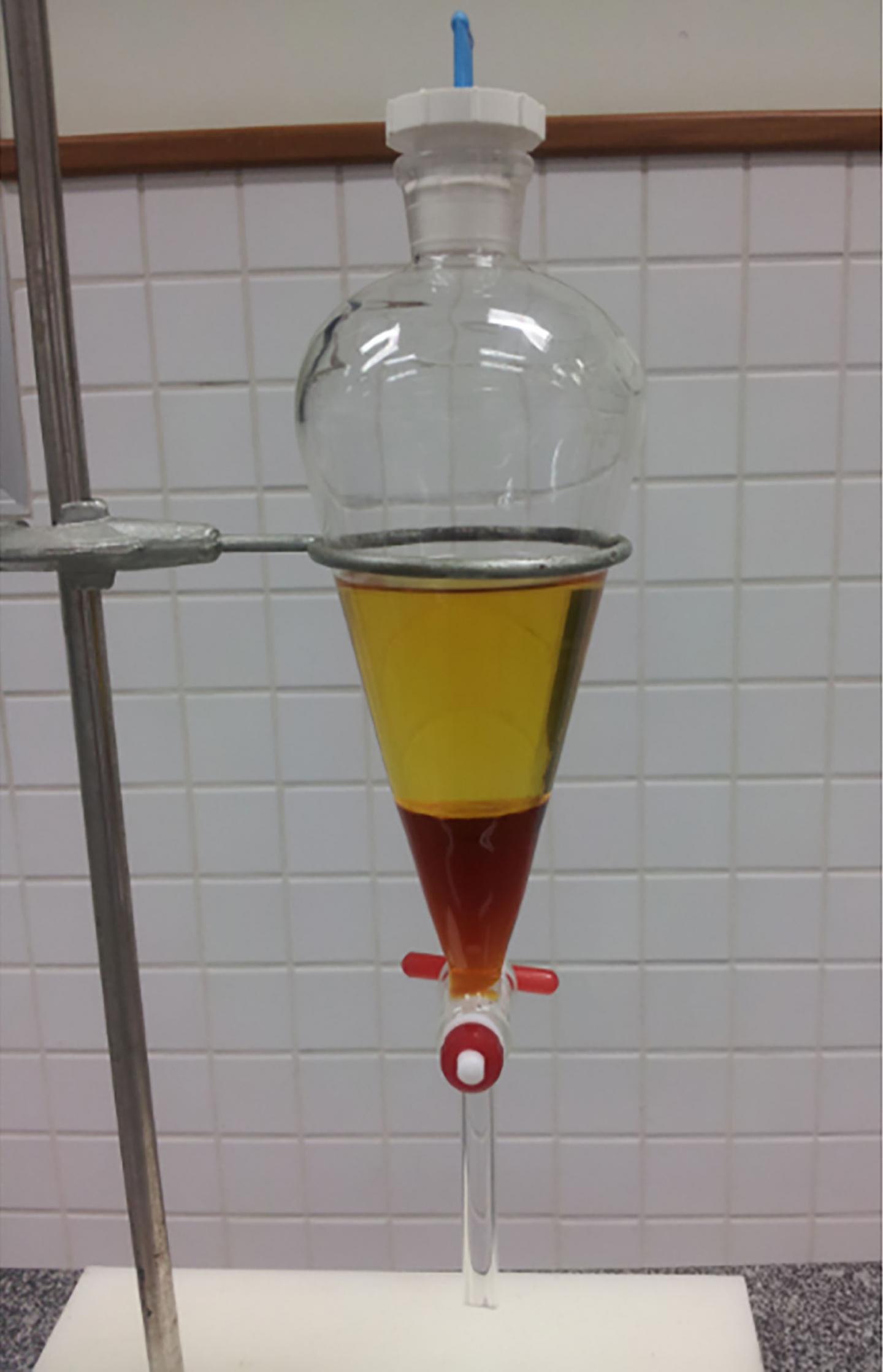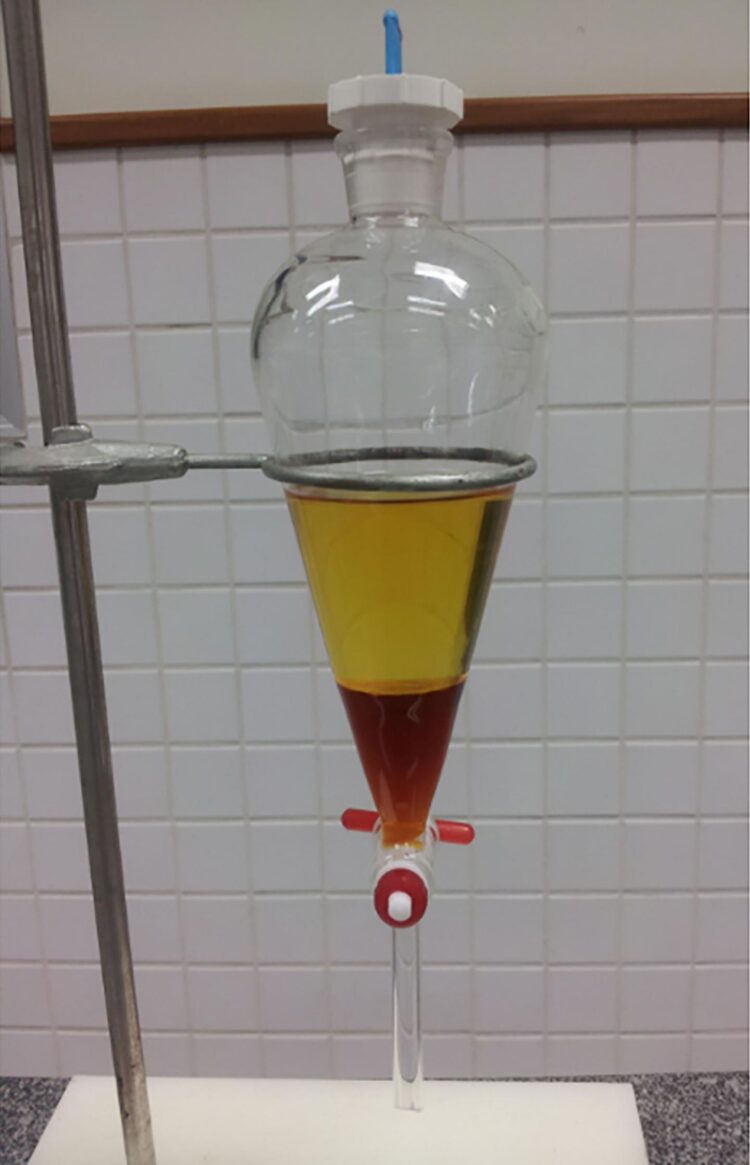Using mixtures of metal hydroxides as a catalyst provides way to make cleaner fuel in minutes at room temperature

Credit: Gilberto Maia de Brito
WASHINGTON, July 21, 2020 — The production of biodiesel from vegetable oil has been around for more than 150 years, and the approach significantly reduces several pollutants associated with burning fossil fuels. Vegetable oils, however, can be notoriously difficult to use in an engine, providing low power output and release of unique toxic byproducts.
Brazilian researchers demonstrated a new chemical approach for producing biodiesel from domestic cooking oil waste by using hydroxide lithium mixed with either sodium hydroxides or potassium hydroxides as catalysts. Their work, published in the Journal of Renewable and Sustainable Energy, by AIP Publishing, could enable future studies related to the use of lithium from waste lithium ion batteries.
The work marks one of the first times lithium has been used for such purposes. Author Gilberto Maia de Brito said green engineering can yield solutions for a variety of problems at the same time.
“The results achieved in this work will make it possible to expand the use of new types of metallic catalysts to a higher level, such as lithium, applied to the production of biodiesel,” he said. “Before, in practice, these were just restricted to sodium hydroxide and potassium hydroxide.”
The group’s technique draws on one proposed solution for creating biodiesel, called transesterification, which can yield fuel in a matter of minutes at room temperature.
The researchers collected waste cooking oil samples from fast food restaurants and homes, some of the biggest sources of waste disposed of inappropriately, and lithium hydroxide from lithium ion battery waste.
When catalyzed by the mixture of metal hydroxides, the transesterification reaction split the cooking oil into a biodiesel layer and a layer of glycerol, which itself can be used in a variety of ways such as producing food sweeteners, alleviating certain skin conditions and acting as a main reactant in making antifreeze.
With the right proportions of catalysts, the group was able to produce biodiesel with an average yield of 90%. They analyzed the biodiesel, using techniques ranging from infrared spectroscopy to chromatography to nuclear magnetic resonance studies, to assess the purity of their fuel.
“We were surprised that what came out was not only some results, but actually very good results related to the yield production,” Maia de Brito said. “The fast phase separation and the main chemistry and physics properties of that biodiesel produced from lithium were also surprising.”
Maia de Brito hopes to continue finding new ways to recover lithium from waste and use it to facilitate biofuel production even further.
###
The article, “Eco-green biodiesel production from domestic waste cooking oil by transesterification using LiOH into basic catalysts mixtures,” is authored by Gilberto Maia Brito, Mariana Borsoi Chicon, Edumar Ramos Coelho, Diêgo Nunes Faria and Jair Checon de Freitas. The article will appear in Journal of Renewable and Sustainable Energy on July 21, 2020 (DOI: 10.1063/5.0005625). After that date, it can be accessed at https:/
ABOUT THE JOURNAL
Journal of Renewable and Sustainable Energy is an interdisciplinary journal that publishes across all areas of renewable and sustainable energy relevant to the physical science and engineering communities. Topics covered include solar, wind, biofuels and more, as well as renewable energy integration, energy meteorology and climatology, and renewable resourcing and forecasting. See https:/
Media Contact
Larry Frum
[email protected]
Related Journal Article
http://dx.





